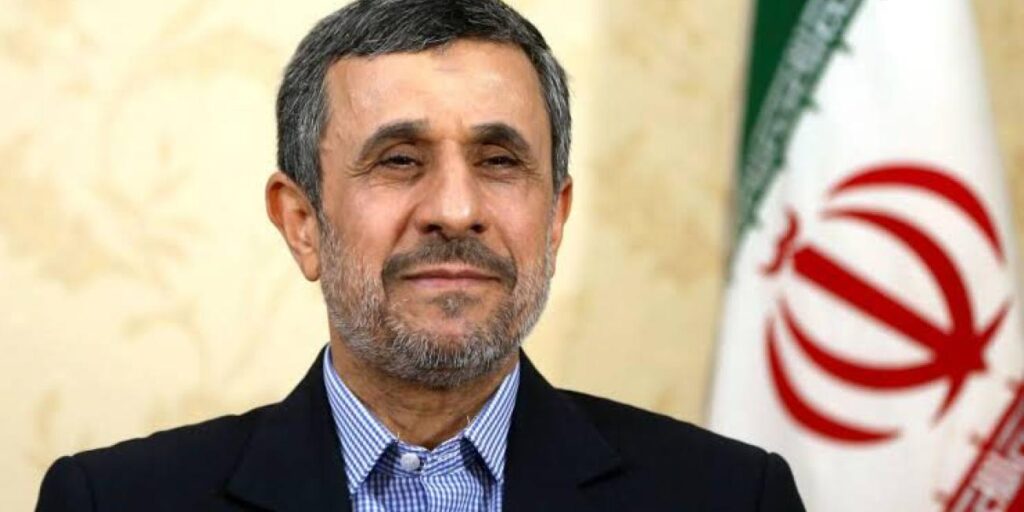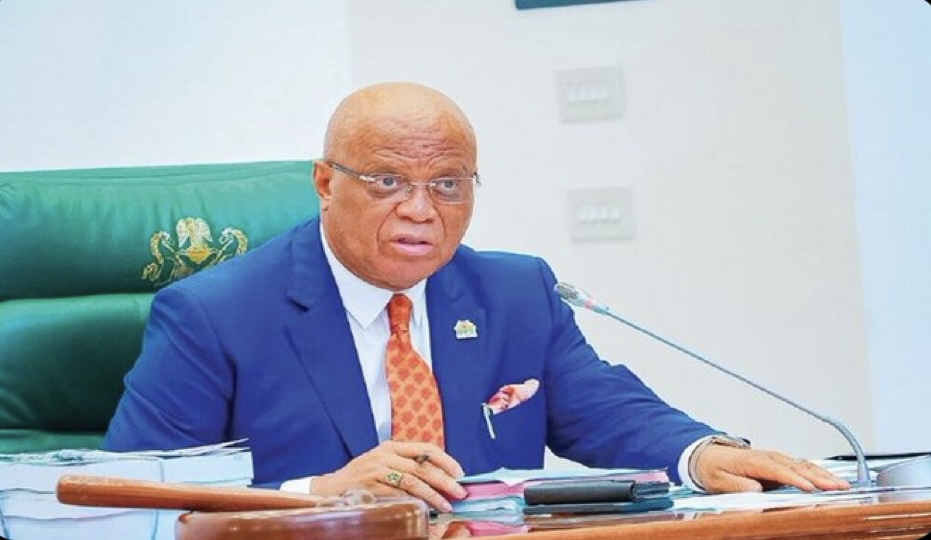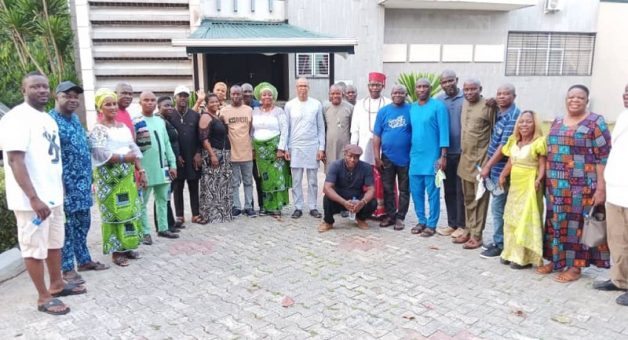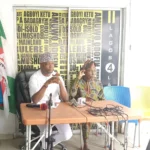Oshiomhole Blames Gaddafi’s Collapse for Nigeria’s Insecurity, Decries Illusion of Safety Abroad
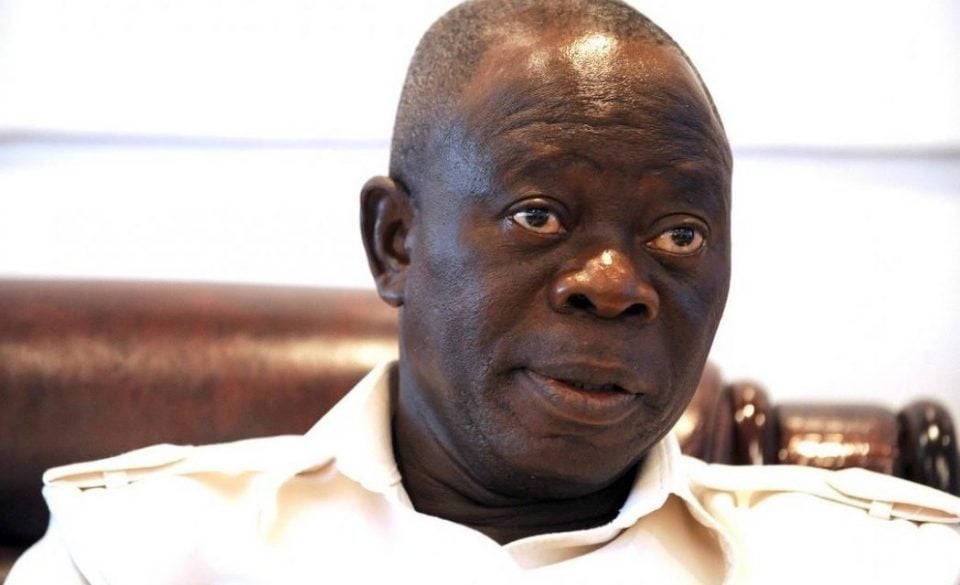
Senator Adams Oshiomhole (Edo North) has drawn a direct link between the 2011 collapse of the Muammar Gaddafi regime in Libya and the persistent security challenges facing Nigeria.
The Senator also expressed deep concern over the “illusion” held by many Nigerians that life and safety are guaranteed once they cross the country’s borders, especially given the known dangers in post-Gaddafi Libya.
Senator Oshiomhole made the comments during a recent parliamentary session, where he spoke on the need for urgent government action to address the root causes of irregular migration and the plight of Nigerians trapped in transit countries.
“Libya (the collapse of Gaddafi) is behind insecurity in Nigeria, yet our people still go there,” Senator Oshiomhole stated. “What are they looking for? Nigerians have this illusion that all is well once you are out of Nigeria’s boundaries.”
The Senator’s remarks highlight a critical, yet often under-discussed, regional security dynamic: the aftermath of Libya’s civil war. Analysts have long posited that the power vacuum and proliferation of weapons resulting from the conflict fueled militant groups and banditry across the Sahel and West Africa, directly impacting Nigeria’s security landscape.
Despite the well-documented perils—including widespread human trafficking, modern-day slavery, detention, and physical abuse—that Nigerian migrants face in anarchic Libya, the West African nation remains a key transit point for those seeking to reach Europe.
Senator Oshiomhole’s assertion directly challenges the popular narrative that drives this perilous journey: the perception that any environment outside Nigeria’s borders is inherently better. He stressed that after Gaddafi’s fall, Libya became “lawless” and that Nigerians must be educated that, “despite our challenges, this country is far better than what awaits them there.”
In a subsequent motion, the Senate, led by Oshiomhole’s appeal, urged the National Orientation Agency (NOA) and other relevant government bodies to intensify public sensitisation campaigns. The goal is to educate the populace, particularly youths, on the severe dangers of irregular migration through conflict-prone areas.
Senators across the aisle supported the call, describing the plight of migrants as “a recurring stain on our national conscience.”
The comments come amidst renewed efforts by the Nigerian government to secure the repatriation of its citizens from Libyan detention centres, many of whom are victims of human trafficking and exploitation by state and non-state armed groups. The broader debate remains focused on how to address the internal pressures—economic hardship, lack of opportunities, and structural violence—that push Nigerians to embark on such deadly journeys in search of a seemingly illusory ‘greener pasture.’


